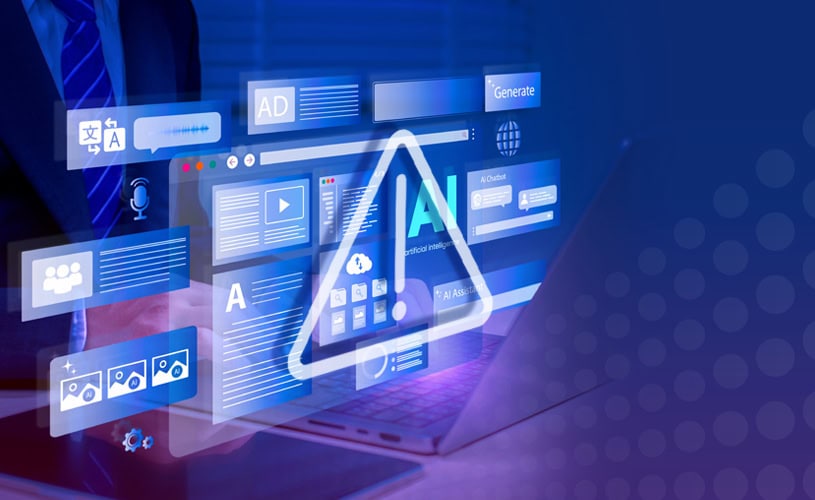The Vantage Point
The name VantagePoint reflects exactly that—a higher ground, where you can see more clearly, think more strategically, and lead with greater confidence. Here we share meaningful insights to give you an elevated perspective on the big themes shaping business and technology—including operational maturity, strategy, innovation, and leadership.
Introducing vCISO – Executive Cybersecurity Leadership for Your Business Cybersecurity isn’t just an IT concern anymore — it’s a business imperative. The risks are growing:
Is Your Business Ready for AI? Artificial intelligence is making waves across every industry, and many organizations are feeling the pressure to adopt it. But
Tariffs Are Rising — Here’s How We Can Help You Protect Your IT Budget As your trusted technology partner, we wanted to weigh in on
elevate™ Your Business with Our Strategic Technology Solutions Imagine technology that drives your business forward instead of holding it back. With Vertikal6 as your partner,
Navigating the AI Relationship: Challenges and Opportunities for CIOs AI is transforming industries and unlocking incredible opportunities, but like any great relationship, success depends on
Cybersecurity Alert: Is Your Password an Easy Egg to Crack? A weak password is like an eggshell—easy to crack and a gateway to a mess
Would You Leave Your House Unlocked? Why Leave Your Company’s Data Exposed? Imagine leaving your front door wide open while you’re on vacation. The thought
The Importance of IT Strategy: Plan for Success, Not Just Survival In an “ALWAYS ON” world, simply having the right tools or spending money on
In the modern business landscape, technology is indispensable. However, the mindset towards technology significantly impacts success and efficiency. There are two primary approaches: viewing technology
In today’s fast-changing digital landscape, cyber threats have emerged as a major concern for businesses of all sizes. To address these rising threats, you need
In today’s digital landscape, traditional security models are no longer sufficient. The increasing complexity of IT environments and the rise of sophisticated cyber threats demand
Enhancing Business Potential Through AI: Microsoft Copilot vs. ChatGPT in the Modern Workplace Generative AI tools boast many benefits and advantages for personal and business












